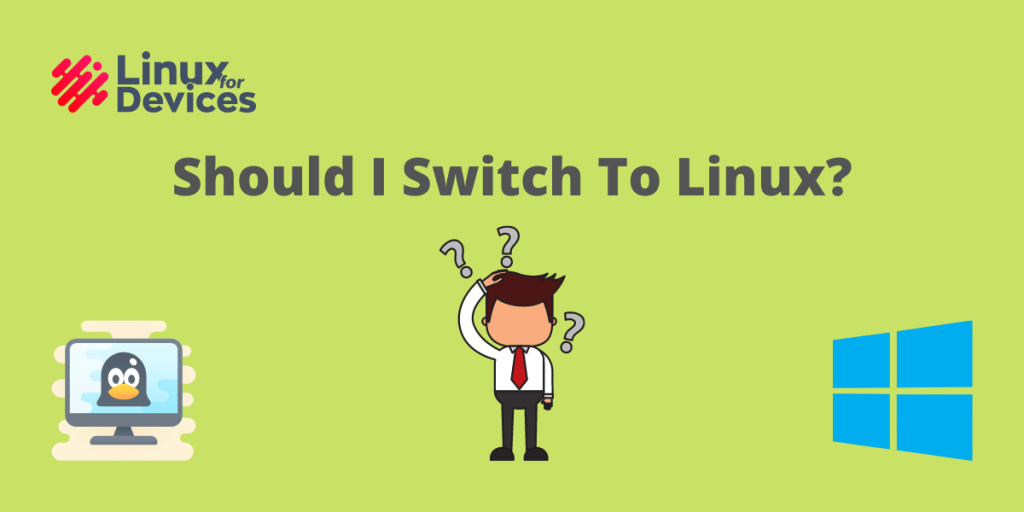Are you considering switching to Linux? If you are a Windows or Mac user, this switch may seem intimidating. But is it really? In this article, we’ll discuss the different aspects that matter when considering switching to Linux. And these points can help you decide if it makes sense for you to switch.
Quick Summary – Reasons Why You Must Switch to Linux
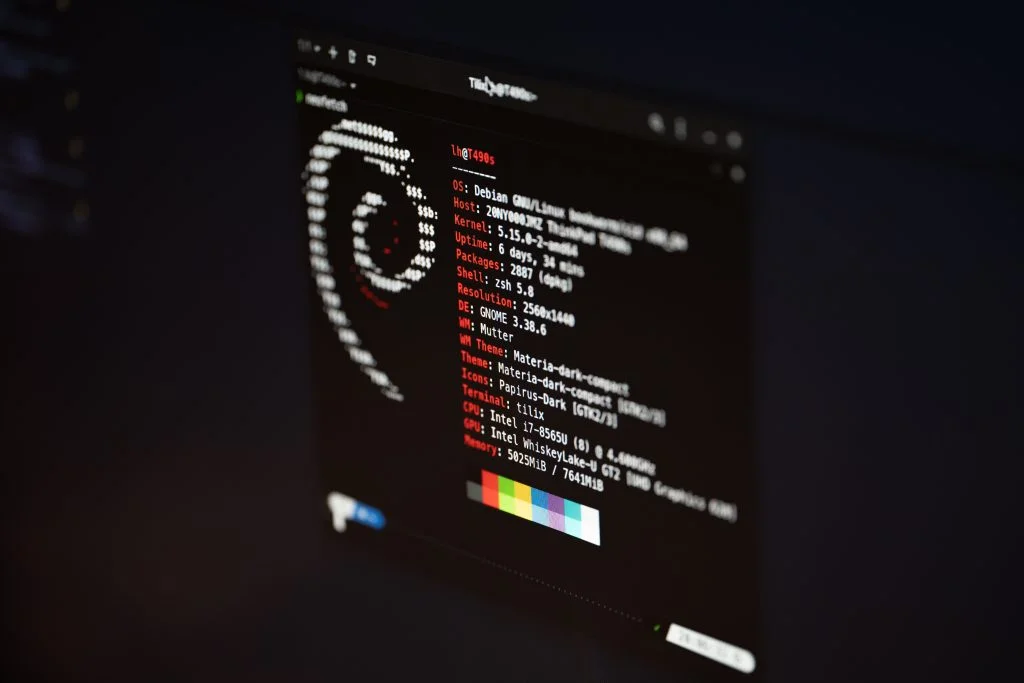
- Linux is developing into a better operating system every day.
- The Linux community is growing. More and more developers are switching to Linux development and contributing to Open-Source.
- Linux runs very efficiently on every type of hardware and that’s what gives it a strong edge over heavy Operating Systems like Windows.
- Knowledge of the Command Line Interface is crucial for every software developer and using Linux as your primary Operating System will make you use the Command Line for most of your tasks be it installing an app, working with git repositories, or even changing access permissions for files and folders.
- Linux has got everything you need, you just need to dive into the futuristic world of Linux.
These are the major positives of working with Linux. Let’s take a deep dive into the reasons now.
Top 5 Reasons to Switch to Linux
What are the top reasons you should consider switching to Linux? We’ll explore the 5 main reasons in my experience that a Windows can consider switching over.
1. Linux is Easy to Use
Linux, like any new thing you use, has a learning curve.
But with the developments in desktop distributions like Ubuntu, Linux Mint, and the others, using Linux has become very easy.
In fact, Linux is very clean and easy to use. Most of the beginner-friendly distributions come pre-installed with a graphical interface and all the common apps that you’d need to get started.
With the app drawers, menus, and accessible dock, you can use any application you need with a click of a button.
2. Linux is Secure
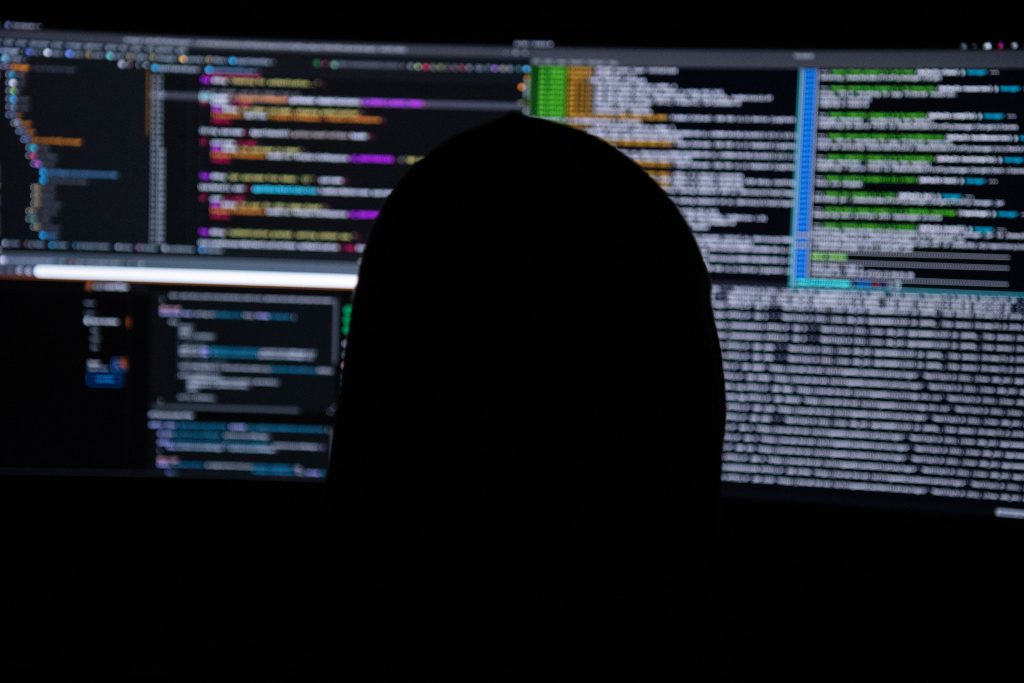
There’s no denying that Linux is a secure operating system.
One of the main reasons is that it is open source. Since the Operating System is open to all, this gives Linux an added advantage of being more secure even without installing an antivirus.
Linux is developed by developers all over the world, which means that if there’s a loophole in the OS, it’ll be more prone to getting reported and fixed by someone.
3. Works Well on Both New And Old Hardware
With Windows, achieving good performance on low-end hardware is almost impossible. But that’s not the case when it comes to Linux. Most Linux distros are built to be lightweight, and super portable for any kind of device. Here are a few distributions that you can explore.
- AntiX Linux
- Linux Lite
- MX Linux
- Peppermint OS
- Puppy Linux
- Sparky Linux
- Tiny Core
Also read: Linux Lite vs Lubuntu: A Brief Comparison to Help You Choose
3. Free of Cost
Linux is accessible to everyone as it’s completely free of cost. Unlike Windows, you do not need to keep renewing your license to continue using this operating system.
4. Complete Freedom to Customize
Linux lets you customize your desktop the way you want. No more OS limitations on what you can do. Note that while using Linux, you are not just limited to being able to use Linux-only apps, instead, you can also use Windows apps with a simple add-on called Wine.
Also read: How to Install League of Legends on Linux
5. Regular, Automatic Updates
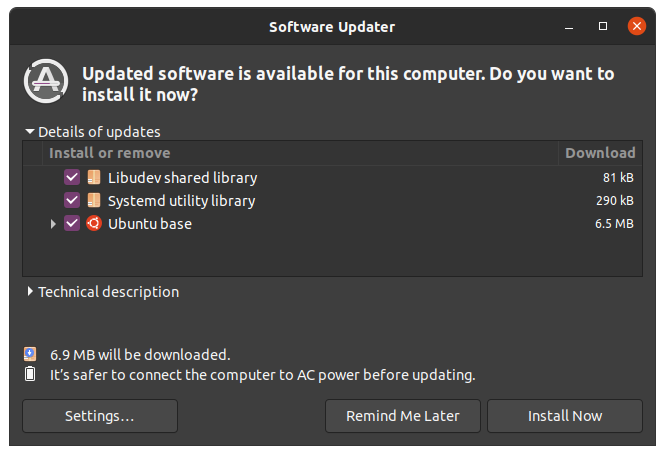
Linux Operating Systems are very regular with the updates. There are a lot of security and maintenance updates released for each distro. No matter which Linux distro you are using, you’ll always be up to date with the latest security patches:
- Nightly Builds
- Stable Builds
- Long Term Support(Updates that guarantee up to 5 years of regular security and maintenance updates)
Reasons Not to Switch to Linux
Now that you know the positives, let’s explore why you should not be switching to Linux.
1. Lack of Drivers
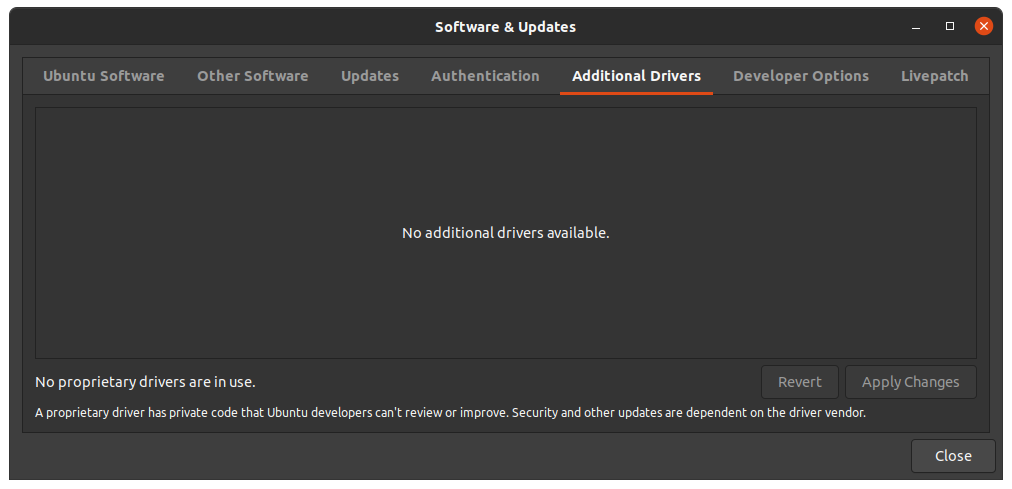
Linux suffers from a lack of support for some hardware and this may cause the drivers to be outdated or not work at all. Driver issues are more often reported for 3D graphics chips, where manufacturers were unwilling to provide full information to developers who could develop open-source alternatives.
2. Gaming
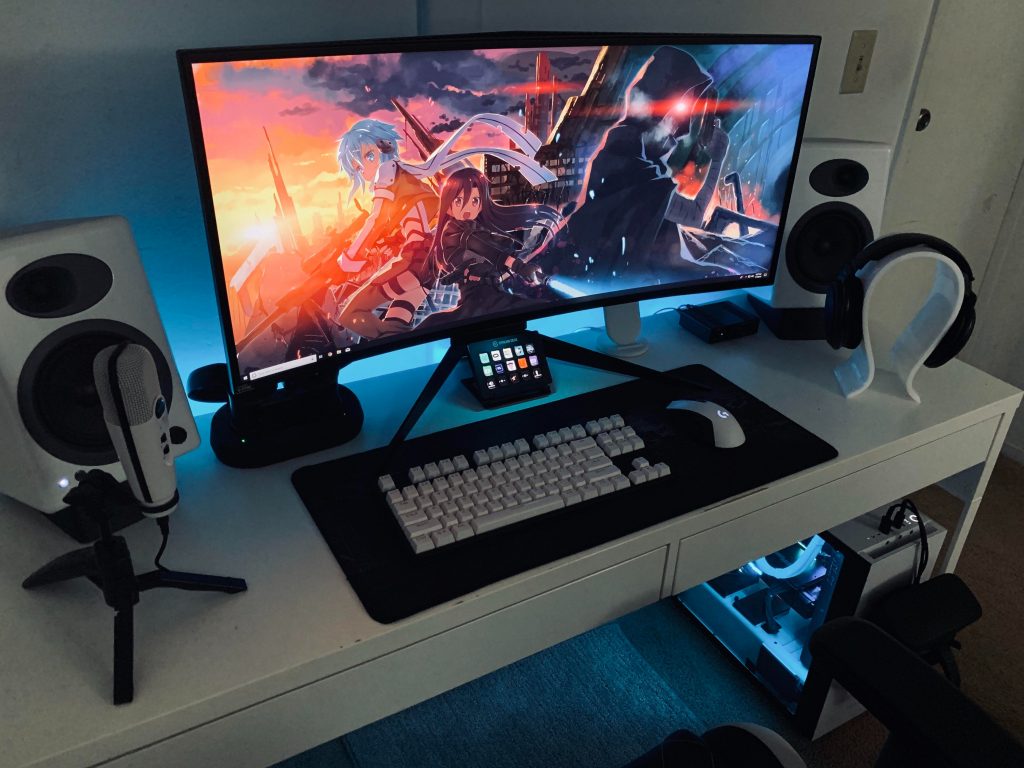
Linux lags behind Windows when it comes to gaming. Most computer games are developed using the DirectX API, which is proprietary to Microsoft and only available on Windows. Though alternatives like Wine are also available to make Windows-based games run on Linux distros, you cannot play every game at its optimum capacity on Linux.
3. App Installation
Installing apps on Linux is a lot easier to install, you just need to run a few commands in your terminal and sit back and relax. Linux uses repositories to fetch and install the apps. But the problem arises for those who are not familiar with the command line, using the command line to install apps is not preferred by some users just because they are so used to using Windows way of installing an app.
Top Windows Alternative Applications For Linux
There are a lot of open source applications available for Linux distros which are found to be ultimate tools for daily uses, whatever you were using on Windows is also available on Linux(if not, then healthy alternatives are always there to ensure that the purpose is served), following are some of the most used Linux tools used to serve the need to corresponding Windows apps:
- Libre Office can easily replace Microsoft Office.
- Scribus can replace InDesign.
- Inkscape is a great replacement for Adobe Illustrator.
- Sublime Text, Visual Studio Codes are readily available for Linux Operating Systems, however other text editors like Ghostwriter and Focuswriter are also popular.
- GIMP is a very powerful and a potential replacement for photoshop but requires some practice to get used to it.
- Kdenlive and DaVinci Resolve are also available on Linux and are a perfect alternative to After Effects and Premiere Pro.
- Audacity is an awesome all-around soundwave editor.
- Darktable is a perfect replacement for Lightroom.
Most Popular Linux Distros For Beginners
While there are a lot of Linux Distros available to use but you should always install the one which fits your use case and fulfills all the requirements of your work environment. Below is the classification of the most popular Linux distros based on the applications and the purpose they are used for:
For Newbies
If you’re a complete newbie and want to switch to Linux, you’d probably be looking for something easy to use and user-friendly so popular options can be:
- Chrome OS
- Deepin Linux
- Elementary OS
- Linux Mint
- MX Linux
- Ubuntu
- Zorin OS
For Students
For a student, what matters the most is that this distro should be able to run all the software which are part of their university curriculum. On top of that, if the student doesn’t want to do gaming then the most popular options are:
- Elementary OS
- Fedora
- Linux Mint
- openSUSE
- Pop!_OS
- Ubuntu
- Vanilla Arch
Conclusion
We’d like to say that you should definitely switch to Linux as your primary Operating System if you:
- want to master the Command Line Interface(CLI)
- love to explore the world of open-source development
- want a distraction-free yet very powerful Operating System.
